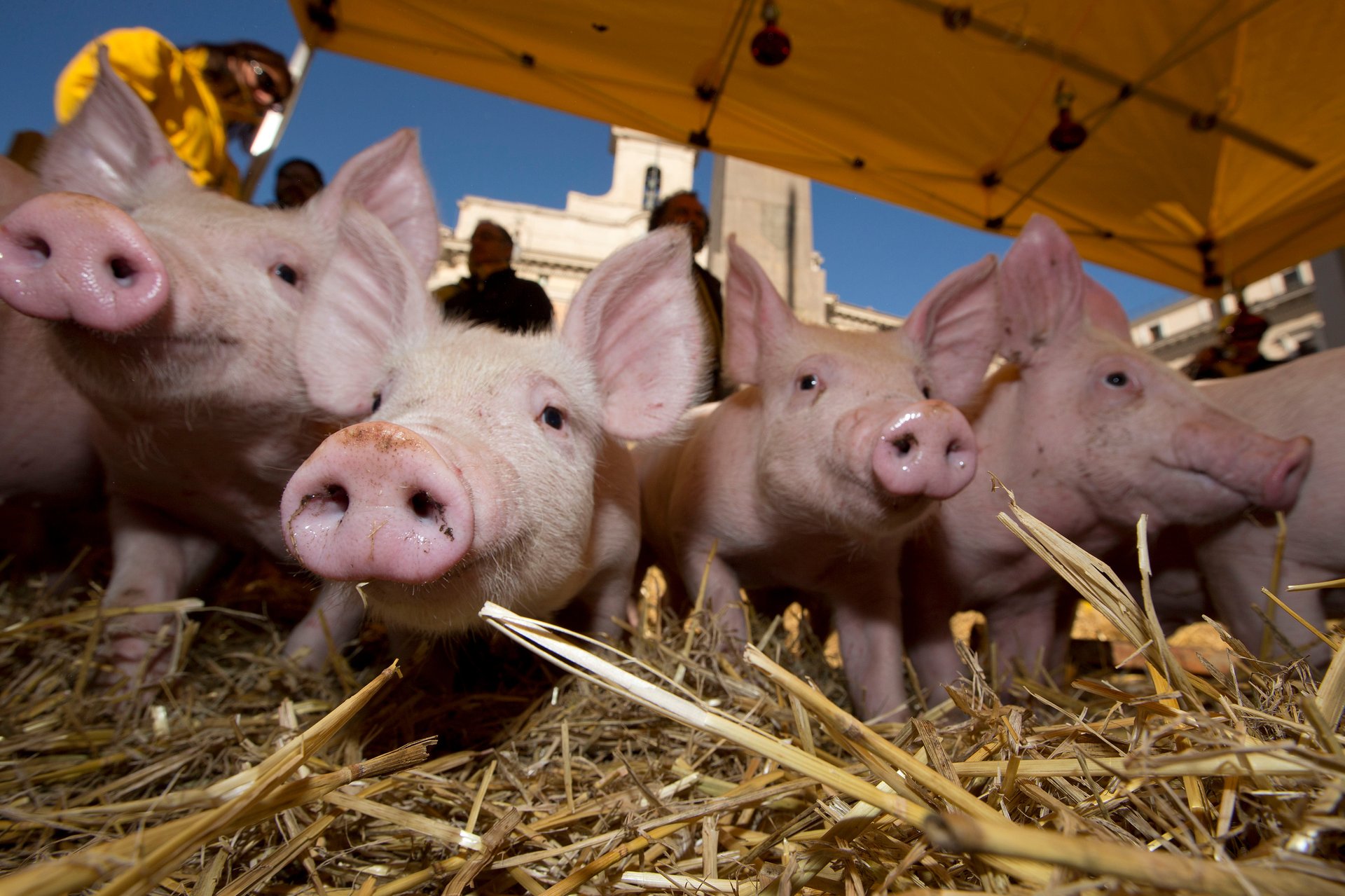US pork farms ditch a controversial growth drug to snag Chinese markets
Hormel this week became the second major US meat processor to phase out a controversial drug that, for years, has been fed to its pigs to make them grow bigger and leaner faster. It’s part of an ongoing rejection of growth-promoting drugs: The announcement by the sixth-largest global meat company followed similar ones by Tyson Foods and Brazil-based JBS in October 2019.


Hormel this week became the second major US meat processor to phase out a controversial drug that, for years, has been fed to its pigs to make them grow bigger and leaner faster. It’s part of an ongoing rejection of growth-promoting drugs: The announcement by the sixth-largest global meat company followed similar ones by Tyson Foods and Brazil-based JBS in October 2019.
But pork producers aren’t ditching the drug, ractopamine, because it’s been shown to increase stress and anxiety in pigs. They aren’t doing it because the feed additive has been shown to damage their tissue, either. They’re doing it because of swine fever.
For the last three months, the Chinese pork industry has struggled with the devastating spread of African swine fever, a highly contagious virus that has wiped out more than a third of China’s hog population. Pork prices in China have skyrocketed by 110%, giving foreign companies a chance to expand their footprint in world’s second-largest economy.
The problem: The Chinese government only allows pork imports from the US as long as ractopamine was not involved in the farming process.
Ractopamine belongs to a class of beta agonist drugs that were originally developed to treat people with asthma, relaxing and widening airway muscles to make it easier to breathe. Today, humans aren’t prescribed ractopamine. But pharmaceutical companies like Elanco do manufacture it for farm animal use, noting its ability to promote rapid growth. It is estimated that some 72% of the US pork supply is fed with ractopamine additives.
A majority of the globe has reservations about use of the drug: Over time, 160 nations have banned its use in livestock. In high doses, ractopamine has been shown to cause health issues in animals, including higher heart rates and high levels of catecholamine, a hormone produced when an animal feels stress—both of which can make them harder to handle.
Among the holdouts are the US, Canada, New Zealand, and 24 other countries maintaining that meat from animals fed ractopamine is safe to eat.
Several US food safety advocacy groups have long pushed to end the use of the drugs in the meat supply. “The bottom line on humans and ractopamine is anything that changes an animal’s behavior that much, or physical body that much, probably out of an abundance of caution you should avoid it in the first place,” says Jaydee Hanson, the director of policy for the Center for Food Safety.
That the meat companies are just now deciding to to give up the growth promoter is an indication of just how hungry US pork processors are to get into the Chinese market, and how much they stand to gain from it.
“We have been actively monitoring the changing global market dynamics for several years and believe this decision will further position us to meet growing international demand,” Hormel told Reuters. The prospect of less-stressed pigs is just a happy side effect.